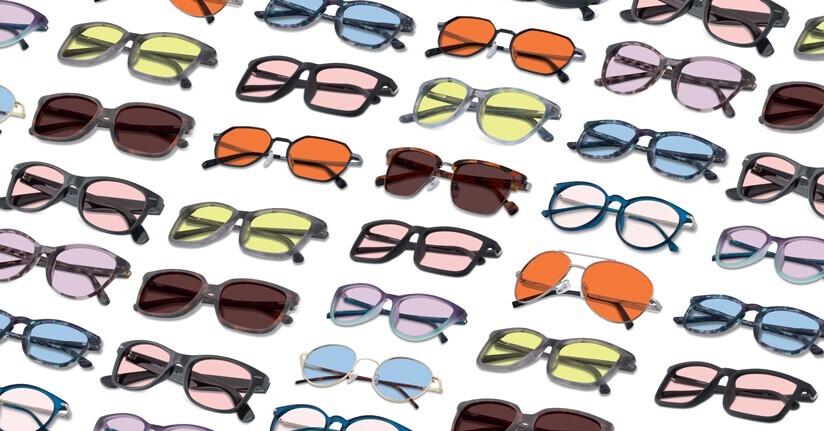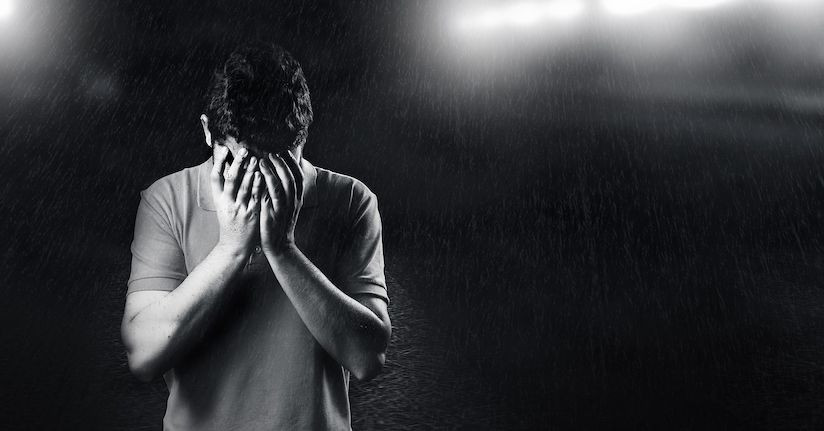Light Sensitivity After a Concussion Increases Emotional Symptom Risk
Teenagers who have light sensitivity after a concussion may have an increased risk of developing emotional problems, like anxiety or depression, stemming from the concussion, according to a study presented at the American Academy of Neurology's Sports Concussion Conference.
The study included teenagers aged 12 to 17 who had lingering symptoms following a concussion (often called post-concussion syndrome). Some of the participants had emotional symptoms due to the concussion, but none had a history of psychological issues prior to the concussion. Emotional symptoms included irritability, aggression, anxiety, depression, apathy, frequent mood changes or excessive emotional reactions.
In the group with emotional symptoms, 23% of the teens had photophobia and 14% were sensitive to light. In the group without emotional symptoms, only 13% were sensitive to light and none to noise. The number of concussions a participant had or whether they had headaches or nausea were unrelated to emotional symptoms, as was a family history of psychiatric conditions.1
Photophobia is the most common visual symptom following traumatic brain injuries, like concussions.2 According to this study, its presence could help alert health care providers, patients and patients' families to potential emotion-related symptoms, thus improving their treatment.
REFERENCES 1. After a Concussion, Which Teens Will Have Emotional Symptoms? American Academy of Neurology press release. Retrieved July 11, 2014 from https://www.aan.com/PressRoom/Home/PressRelease/1296. 2. Richman, E. “Traumatic brain injury and visual disorders: What every Ophthalmologist should know.” Eyenet Magazine. Mar. 2014.

TheraSpecs® Glasses for Light Sensitivity
Find the glasses that fit your needs and lifestyle, and stay protected from screens, fluorescents, unwanted blue light, sunlight, flashing lights, and more.
Shop Now



